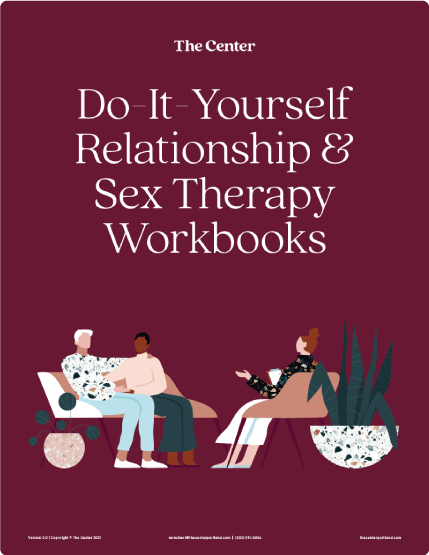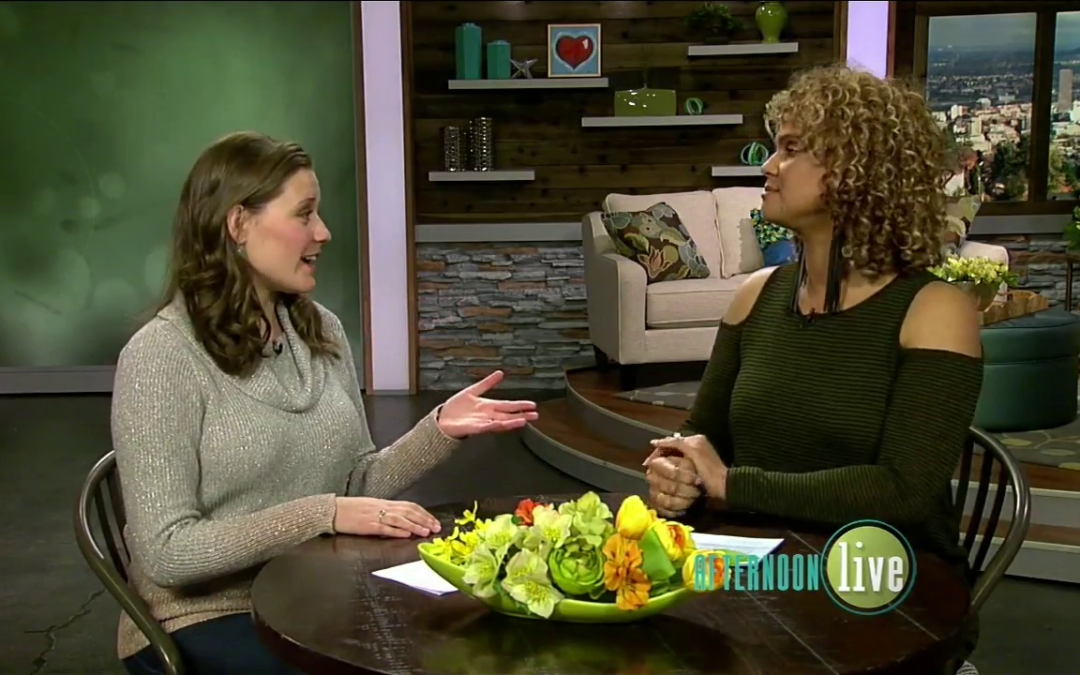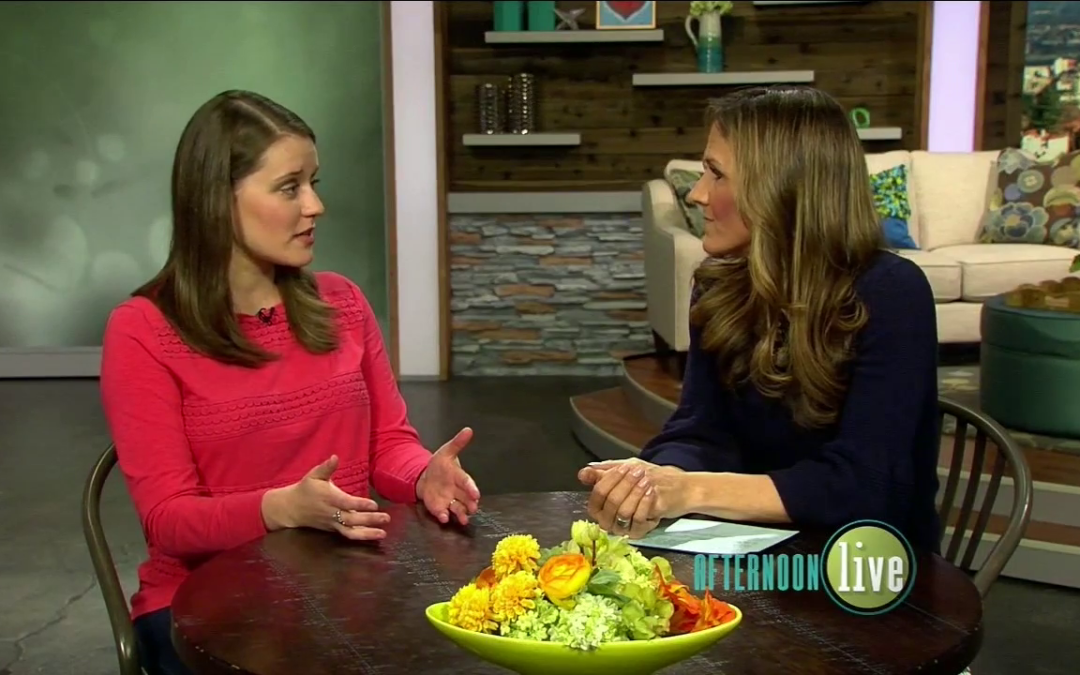How to Stop Stress From Ruining Your Relationships
Do you ever feel like you’re operating on autopilot?
Your drive to work, sitting in your workspace, making calls, using computers, your commute home… all of these tasks are being done by our bodies while our minds are off thinking about the next task or worrying about if we said the right thing in that conversation two days ago.
When our day is finally over, most of us gravitate towards an activity that doesn’t require much attention… like spending hours of quality time with Netflix on our couch.
We get so used to the “daily grind” that we don’t make time for intentional movement, checking in with how our bodies feel, or even just pausing to take a breath. When we live our lives on autopilot we end up disconnected from our self and the people around us.
This means we’re more likely to “take work home” with us or carry the tension from our fast paced work day into date night with our partner or dinner with our kids. This carryover makes it difficult to be present with our loved ones. We end up feeling distracted and irritable, resulting in lots of negative reactions and unwanted squabbles.
The last thing we want when we get home is to snap at our partner, sending our night into a spiral of frustration and irritation!
Here’s the good news…
If we give ourselves opportunities to check in with our bodies throughout the day we can gain awareness of our emotional and physical needs. That awareness helps us to approach our interactions by responding to them mindfully instead of reacting out of frustration and anger.
Human brains are designed to receive information from our bodies about our emotional and physiological state and then use that information to make split second decisions and react to situations almost instantaneously. This is why we go into Flight/Fight/Freeze when our bodies sense there is danger.
Unfortunately, when we’re faced with all the demands of work and our personal lives and lose that connection and awareness with our bodies, we often end up reacting to challenges in our lives as if we were in a life or death situation!
Taking moments of pause to check in with your body throughout the work day can help you stay connected to your body and create more awareness of the reality of your situation. When we can send our bodies the message that we’re okay and that we aren’t in immediate danger, we can actually use that awareness to bring us out of Flight/Fight/Freeze and respond to our surroundings mindfully and with more intention.
Here are a few steps to do just that:
1. Find moments of pause throughout your day to check in with yourself.
- Pause when you start your commute to work to find music that makes you feel good, or maybe an energizing podcast! Need some silence? Turn off the speakers and take a deep breath in through the nose and out through your mouth before you buckle up and get on the road.
- When you get that cup of coffee or tea, or sit down to eat your lunch, take a moment to put both feet on the ground, close your eyes or relax your gaze. Take a breath in and out before you sip your beverage or take that first bite. Take a moment to notice the taste. How does this change the way you experience your food or drink?
- Between meetings or tasks, stop and take a brief moment to notice your surroundings. See if you can name something you see and something you feel against your body (maybe your back against a chair or your toes in your shoes). Once you’ve noticed something, keep your attention on it for a few seconds, enough time to take a breath, and then move on to your next task.
2. Move your body and release some tension. Sometimes our “pause” moments can increase our awareness of stress or tension.
- Check in with your jaw and face. Are you straining your eyes at your computer monitor? Have you been clenching your jaw during a high stress activity at work? As you notice this tension, notice what thoughts come up, and then remind yourself that this experience is not bad or good, it simply is. Try squeezing your eyes shut and scrunching up the skin of your face. Then relax the skin of your face and open your jaw as much as you can, like you would if you were yawning. You should notice some of the tension release in your face and jaw.
- Don’t skip your breaks! Schedule in 10-15 minute breaks midway between the start of your day to your lunch break and lunch break to the end of the day. Use this time to go for a short stroll outside or maybe just walk to the break room for a cup of herbal or green tea (another great time for a pause!).
- Quite literally, shake it off. Have you ever watched a dog or cat after they get into a scuff with another animal or maybe don’t quite make that graceful jump and landing that they aimed for? Right after that mishap you’ll see them shake their bodies. They literally shake off the moment and move into their next activity. Between activities try shaking out your arms or shimmy your hips and shoulders. This will help you shake off stress and anxiety during your transitions from activity to activity and help you stay connected to your body.
3. Set intentions or focus on gratitude.
- Find moments to set intentions for your day. Perhaps an intention could be to incorporate some of the tips listed above into your daily routine/schedule. Or maybe you have the intention to act with compassion toward a coworker you normally don’t get along with that well. These small shifts in our thoughts throughout the day can actually help prevent stress and tension buildup in our bodies.
- Write yourself love notes! Put them on your mirror or on your desk. Write down what you like/love/appreciate about yourself and put them in places that you can look at throughout your day, when you get ready in the morning, or before bed. It can be as simple as “you have great hair” or “you are kind.” Don’t overthink it! Just pick something you know you like and let yourself be grateful for being the amazing person you are.
- Write in a gratitude journal the things/people in your life you are grateful for. Do this before bed to end your day on a positive note. You can also write love notes to other people. Maybe you write down what you appreciate about your roommate, coworker, or your partner at home and leave it for them someplace where they can find it and get the benefits of gratitude, too!
Going through our day on autopilot often feels like the path of least resistance. It helps us get from point A to B without much thought or energy, but when we start to realize that we don’t remember our drive to and from work, or that we’ve been clenching our jaw for hours on end and get home with a tension headache, we need to do something different.
Ask yourself: is this how I want to feel day in and day out? Is this how I want to show up to the people around me? If the answer is no, try integrating one or two of the tips listed above each day and notice what changes. If one strategy doesn’t fit, try another until you find something that fits for you!
As you build your practice, begin to notice how your responses change to your surroundings. As time goes on, take notice of changes in your interactions with your important relationships. I’m confident that you can create big changes in your connection to loved ones by taking time to check in with yourself throughout the day. What do you have to lose?!
To review, here are my three tips for connecting to your body and emotions throughout the day:
- Pause: find moments in your day to “stop and smell the flowers,” or coffee, or just to notice something beautiful around you.
- Move your body: find ways to connect with your body and find movement that feels good. Don’t have time to go for a walk or drop into a yoga pose? Just shake your arms and legs between transitions in your day!
- Set intentions and share gratitude: set intentions for your day and identify things that you are grateful for.







